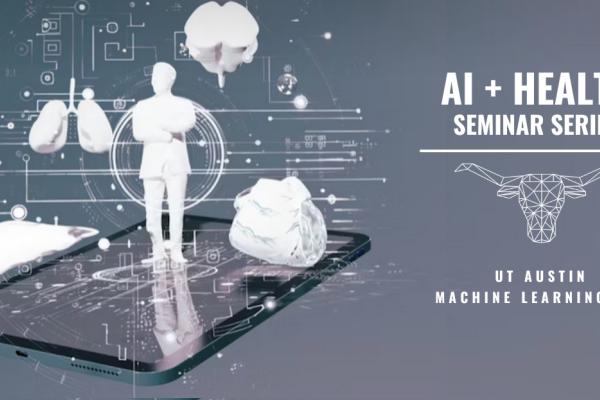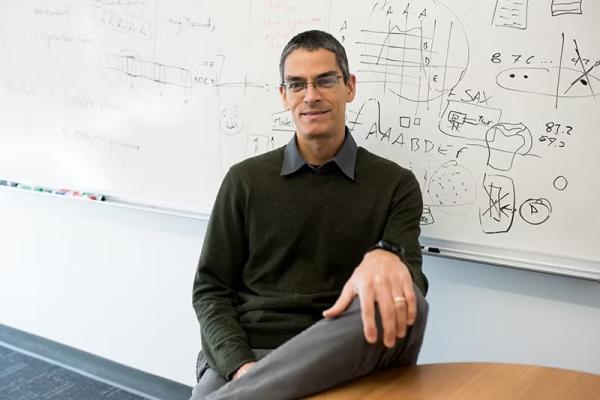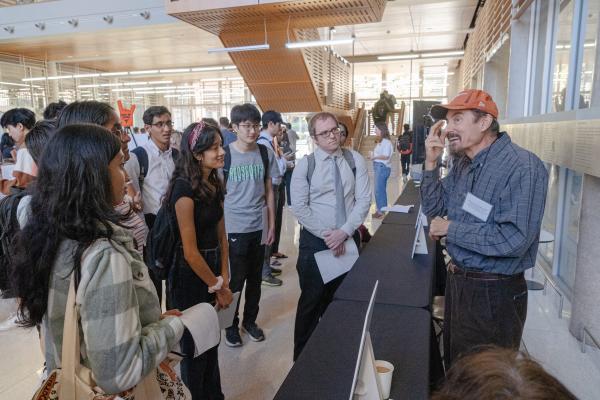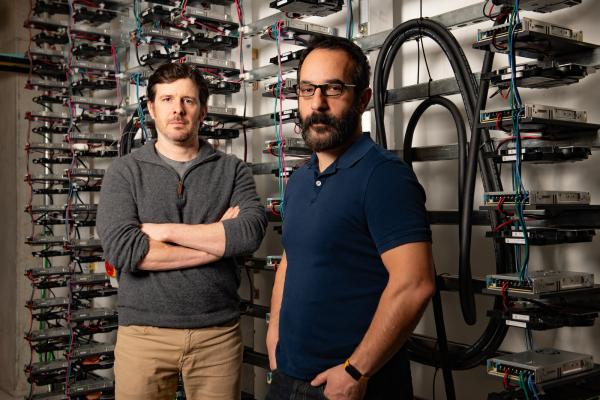News
Connecting computer scientists and engineers with clinicians to tackle actionable AI/Health projects.
Title: Predicting Long Term Mortality in COPD Using Deep Learning Imaging Markers
Speaker: Edward Castillo, PhD, Associate Professor & Associate Chair for Graduate Education, William J. Murray, Jr. Fellowship in Engineering, Department of Biomedical Engineering, University of Texas at Austin
Date: October 23, 2025
Presentation: Zoom link
Abstract: Chronic obstructive pulmonary disease (COPD) remains a major global health challenge, and current clinical tools often fall short in forecasting long-term outcomes. We present new modeling approach that leverages deep learning to extract imaging biomarkers from paired inspiratory and expiratory CT scans. Using data from over 8,800 participants in the COPDGene study, our research team developed a fused model that integrates these imaging features with clinical variables, including BMI, obstruction, dyspnea, and exercise capacity. Out model achieves a significant improvement in 10-year mortality prediction, with a concordance index of 0.78—outperforming traditional methods. This work highlights the complementary value of multi-phase CT imaging and AI-driven analysis to support a more individualized approach to prognosis and disease management, offering clinicians additional tools to better tailor care for patients with COPD.
Speaker Bio: Edward Castillo, PhD is an Associate Professor and the Associate Chair for Graduate Education in the Biomedical Engineering Department at UT Austin. He directs the Dynamic Medical Image and Computing Lab, where his research focuses on developing computational methods for medical image analysis, disease progression modeling, and improving radiotherapy outcomes. Dr. Castillo has held faculty positions at MD Anderson Cancer Center and Oakland University William Beaumont School of Medicine, and is a Charter Member of the NIH Image-Guided Intervention and Surgery Study Section
Edison Thomaz, Associate Professor and William H. Hartwig Fellow, Electrical and Computer Engineering, UT Austin
For five decades, UT Austin has been a global leader in AI research, education and innovation. Here, AI is more than a field of study; it’s a force driving industry collaborations, technology advancement and the development of future leaders. As AI continues to change our lives in 2024, our University will lead the way. Welcome to the Year of AI at UT.
The University of Texas at Austin is creating one of the most powerful artificial intelligence hubs in the academic world to lead in research and offer world-class AI infrastructure to a wide range of partners — the Center for Generative AI.
Charley Taylor, director of the Center for Computational Medicine at UT Austin







